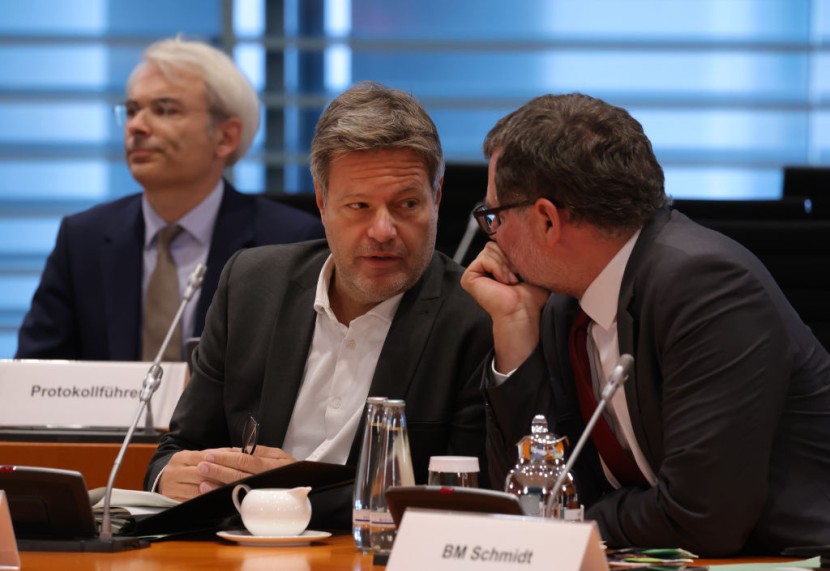
Berlin decided to join other bloc members in joint gas purchases after its prior position on the measure. This was discussed before the EU summit last Friday to deal with the crisis and the €200 billion energy "shield" of Germany that drew criticism.
Germany's Move To Stave Off Energy Crisis
The German government announced a €200 billion economic "shield" last September 29 to safeguard consumers and businesses from rising energy prices due to the energy crunch, reported Euractiv.
However, the huge spending plan has been critiqued by EU partners, who have advised of the inequities this would generate among many EU countries, with a few callings it "cannibalism" at the cost of EU unity.
Before an informal meeting of EU heads of state on Friday in Prague, the act extended an olive branch by reiterating its dedication to joint gas buying, which had previously been denied in a thinly veiled manner, noted the North Brief.
Last Tuesday in Luxembourg, while meeting with other EU members, Christian Lindner, the finance minister, stated they needed to make significant progress in combining gas purchases.
Smaller EU members have long supported a joint EU gas purchasing program; the European Commission has now accepted the above suggestion in reaction to Russia's military adventurism in Ukraine.
Lindner's remarks concur with a recent comment by Robert Habeck, vice chancellor of Germany. Last Friday, he asserted that Europe needed to use its market dominance smartly to participate in a joint gas-buying initiative.
Germany has never supported this method of gas acquisition, which was first brought up in the inferences of an EU summit on March 8 by the European Commission.
German officials argued that the system was inappropriate for all bloc members and insisted that common gas purchases continue to be voluntary, citing Handelsblatt.
In the meantime, smaller member countries pressed for joint buying as a heated bidding war broke out, forcing gas prices to increase.
Senior German officials reiterated their intention to collaborate cohesively with EU partners while stressing the necessity to preserve the truth of the matter. They added it is a vain hope the measure will increase the available gas; that is the primary challenge; said a senior German official.
Germany indicated they don't own a company dealing in energy, said Vice Chancellor Habeck. Since the market is freewheeling, not all EU members can be part of group buying. Despite requests from smaller EU nations, there was little development on combined purchases for a long time.
Germany Refills Its Gas Reservoirs
Alternatively, Berlin gave Trading Hub Europe, the German gas market operator composed of gas traders, plenty of extra cash, and it proceeded on a gas purchasing binge to refill the country's gas stations.
Germany's gas reservoirs are presently 90% or more full. As shown by draught EU summit findings, which will be agreed upon on Friday, combined gas purchases are again on the table for the winter season.
Since Germany is willing to back combined gas purchases at the EU level, the proposal's possibilities of passage have increased.
Regrettably, Berlin's assistance may be too little or too late, provided that the gas reserves in Europe are almost drained.
Berlin jumps in with joint gas purchases involving EU members, but the loss of Russian gas is catastrophic, with all indications of the bloc sliding into depression.
Related Article : Brussels Presents Proposal Concerning Natural Gas Price Cap To Bloc Members as the Energy Crunch Gets Worse








